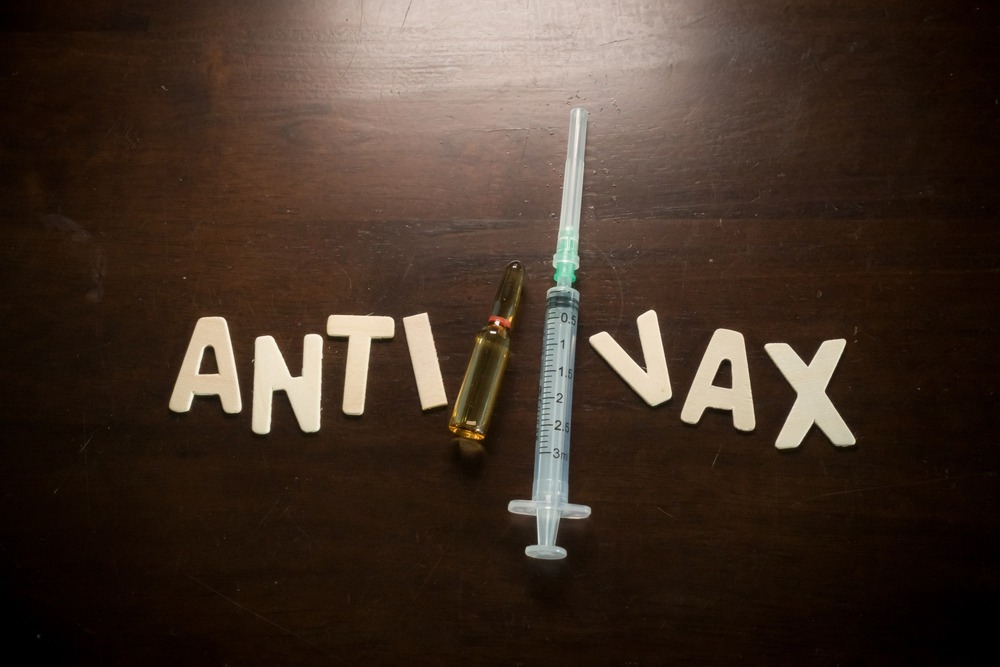A comprehensive exploration into the rise of anti-vaccine sentiments, their impact on legislative decisions across states, and the growing influence of anti-vaccine groups in shaping policies.
This article delves into The Washington Post’s insightful analysis highlighting the surge of anti-vaccine momentum, its implications on state-level decision-making, and the critical implications for public health.
The piece underscores significant trends, revealing a mounting political resistance against vaccine requirements, accentuated by a resurgence of vaccine-preventable illnesses and a decrease in childhood vaccination rates.
Highlighting instances from Louisiana, Tennessee, Iowa, and Florida, the narrative illustrates how anti-vaccine advocacy groups’ endorsements and political shifts have driven legislation, eroding vaccination mandates and public health initiatives.
This piece reflects on the evolving landscape where pandemic-related restrictions fuel political backlash, propelling the anti-vaccine movement into prominence, leading to a disconcerting decline in vaccination rates.
The article underscores the pressing importance of understanding the consequences of anti-vaccine advocacy in state politics, posing threats to public health and societal well-being.
The cumulative impact of the rising anti-vaccine movement in state legislatures signals a pivotal moment, necessitating a nuanced and informed approach to safeguard public health amidst mounting political challenges.
The analysis draws insights from The Washington Post’s in-depth coverage, shedding light on the complexities of anti-vaccine sentiments and their influence on legislative decisions across the United States.



